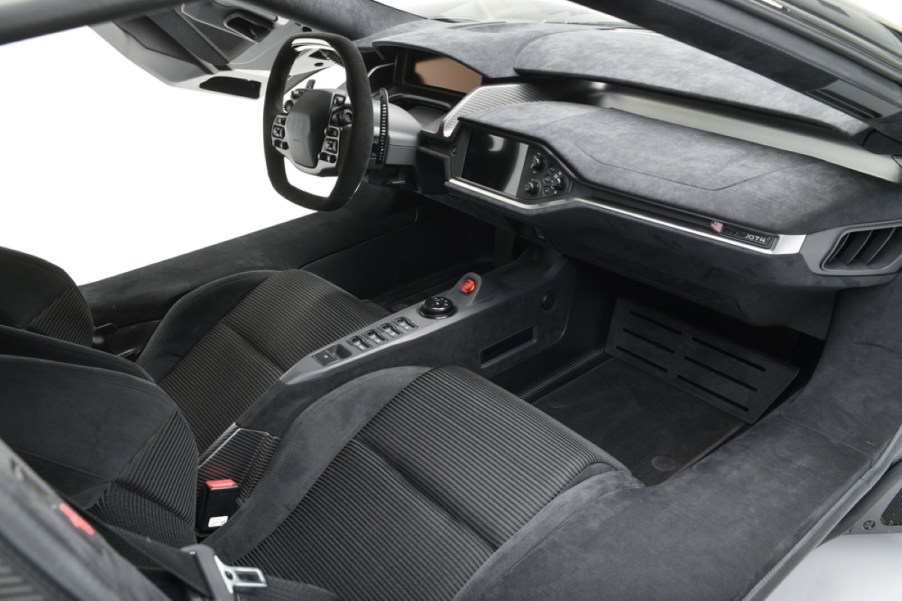
Like That New Car Smell? China Wants To Ban It
It’s one of the joys of new-car ownership; that “new-car smell.” Owners selling low-mile cars even tout it in ads, “It still smells like a new car inside,” they glowingly state. The fact that it is different plastics, fabrics, and foam gassing off should be of no concern. Or should it? It has Beijing worried, anyway. Whether you like that new-car smell or not China wants to ban it.
Or at least regulate it. China is considering adding air-quality regulations for new cars to protect occupants. So any vehicle sold or imported in China would have to conform to these regulations. Especially for those importing cars, it could significantly increase the costs for interiors to conform to the new standard.
Materials release chemicals in the form of gas as they age and settle in

Gassing off is when materials release chemicals in the form of gas as they age and settle in. The gas release is volatile organic compounds or VOCs. When a new car sits in the sun you can see it as a residue clouding up windows. Though it eventually subsides it can continue to occur for years.
Prolonged exposure to VOCs can cause skin irritations and allergic reactions. In severe cases, it can affect one’s health. The hotter the conditions are the more severe the off-gassing is. Though unrelated to this post if you are affected by the interior of your car gassing off outside ventilation is the best way to minimize it.
Contaminants like formaldehyde and benzene would be allowed only to a certain level

China is the biggest auto market in the world. New requirements for interior materials would mean new materials and formulas for interior parts suppliers. The requirement would institute in-car testing that would be conducted with vehicle doors closed then monitored for a certain length of time. Contaminants like formaldehyde and benzene would be allowed only to a certain level.
But there’s more according to Reuters. China would also test electromagnetic radiation levels in electric cars but also internal combustion vehicles because of the extensive use of electronics. The concern over radiation levels has been broached before. The China Association of Automobile Manufacturers has stated in the past that radiation would not be harmful to human health.
Currently, there is no in-car air certification requirement. In 2011 China did publish certain guidelines for in-car air quality but those were only recommended and not mandatory. But as vehicle ownership has risen the Chinese government has been slowly adding new regulations.
Last year China instituted new standards for emissions from gas-powered vehicles

Last year it instituted new standards for emissions from gas-powered vehicles. It had been using European standards for years. Once it switched to the tougher standards it led to a certain amount of chaos as manufacturers were forced to comply.
No timetable has been released by Beijing so it is not known when or even if these regulations will take effect. The coronavirus pandemic has focussed new attention on automobile interiors and how to filter the air inside. We expect to see the interest in vehicle interior air quality become a feature and marketing addition in the near future.



